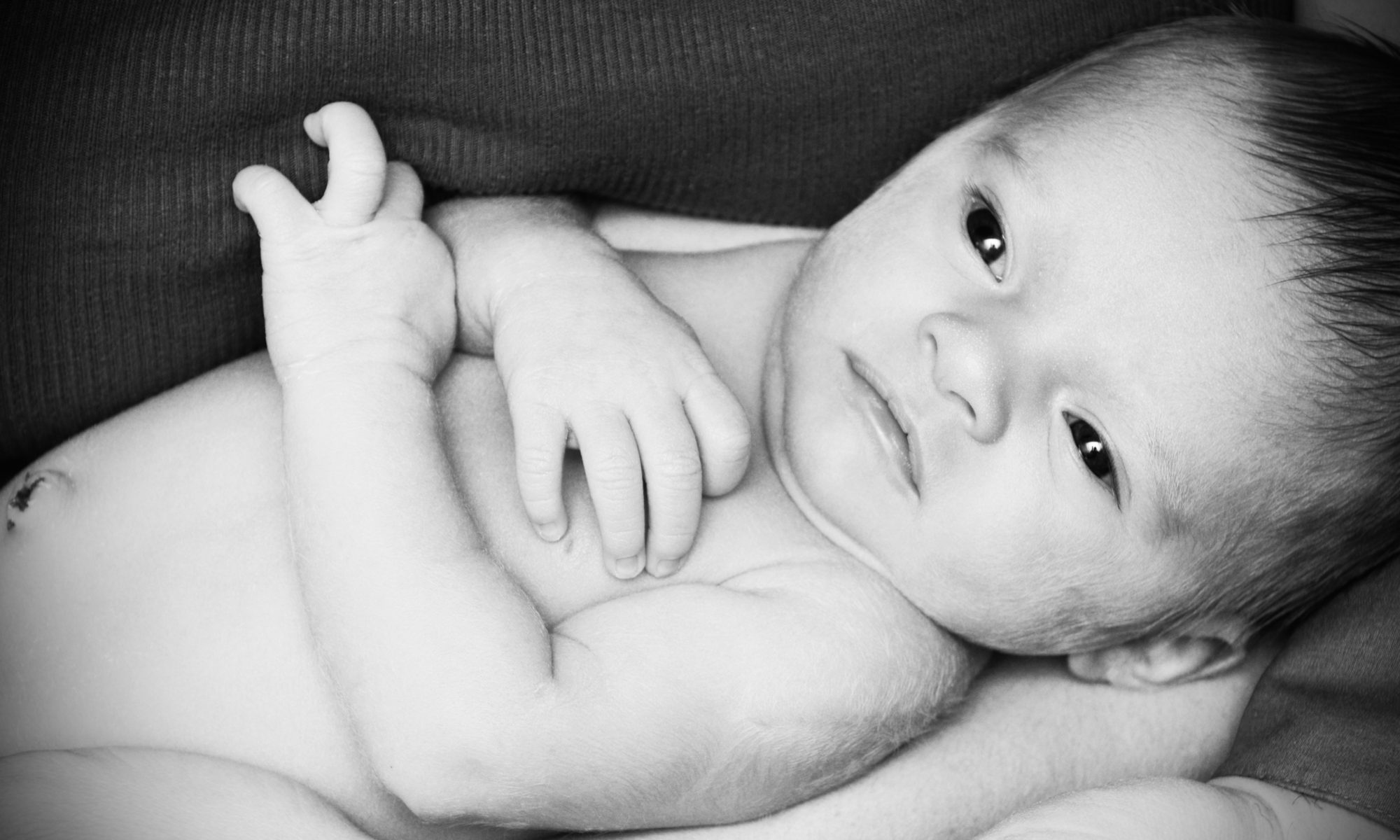
I just got back from volunteering as a midwife at MamaBaby Haiti. MamaBaby Haiti provides care free of charge to hundred of women every year who may not otherwise have care. I had the opportunity to learn from some amazing Haitian midwives and to assist them in providing care to their community. I will share about the amazing work that they are doing in the next several blog posts.
Every Monday, the MamaBaby Haiti clinic accepts 40 new clients. Yes, FORTY. Women line up at the wee hours of the morning to be one of those forty women. In some cases, husbands or family will arrive at the wee hours of the morning to claim a spot for their wives. The care that MamaBaby provides is free of charge except that the women have to pay 50 Goude (about 75 cents) for their prenatal card. The midwives decided to do this so that the women would take responsibility for their card and their care.
The Monday I was there there were 47 women in line. Some of the women had walked up to 5 hours to get to the clinic. They come at all stages of pregnancy, newly pregnant to due any day. After some negotiating, the midwives agree to accept all 47 women because they had volunteers to help them get through everyone.
How, you may ask, do they complete forty initial prenatal visits in one day. It is a bit of an assembly line, but everybody gets the care they need. First all the women sit in the waiting room while one of the midwives provides education. Education about washing hands, education about warning signs of when to see the midwife, education about breastfeeding, nutrition, avoiding STIs, etc. Every prenatal day begins at 8 in the morning with education for everyone. If the women arrive after 8, they will not be seen that day because they do not want them to miss the education part. All teaching is verbal since many of the women did not have the opportunity to complete school. Even better, some of it is in song. There is a song for washing hands and a song for warning signs that all the women know.
After education, all of the women line up for pregnancy tests. Then they all receive HIV and syphilis tests. Haiti has an HIV infection rate of 2-3% and about as many women test positive of syphilis. Women who test positive receive treatment at another clinic but continue to receive their prenatal care at MamaBaby Haiti. Receiving treatment for HIV dramatically reduces the incidence of passing it on to the baby during birth and improves the woman’s health. Syphilis can have devastating effects on an unborn baby can be cured with a single dose of antibiotics. By testing everyone, there are so many improved outcomes. All the women have repeat testing every three months during their pregnancy.
Then they receive a Tetanus Toxoid vaccination. Tetanus is responsible for about 15% of neonatal deaths and vaccination along with clean cord care after birth can help prevent these.
After testing, everyone gets a blood pressure, pulse, height and weight taken. Then they sit with the office manager to fill in their personal information. The office manager asks all the questions and fills in the forms since some of the women cannot read or write. Name, phone number, town, partner’s name, last menstrual period, previous births, etc.
Then they are called into the prenatal room where they visit with a midwife. There are five beds separated by curtains in one small room where they do prenatals. The midwife reviews all of her information for normalcy, answers questions, listens to fetal heart tones, measures her belly, checks her eyes for anemia, gives her prenatal vitamins and iron supplements. Women also receive treatment for hookworms, which can cause anemia, once during pregnancy. The midwife gives the woman a lab slip in order to get more lab tests done at a lab. Standard lab tests include anemia, sickle cell disease, and STIs. She will bring the results back at her next visit. The midwife tells the woman when to come back for her next visit. The midwife records everything in the clinic’s charts and also records it on a green card that the woman keeps with her.
They do this all day until all the women have had their prenatal appointments. While all of this is happening, there may be one or two births going on in the birth room and there may be women recovering from giving birth in the postpartum room.
Every Monday is hot, crowded, chaotic, and noisy but every Monday is a beginning of a healthier pregnancy and birth for many women and babies.
To learn more about MamaBaby Haiti, or to make a life-saving donation, visit http://mamababyhaiti.org/ or https://www.facebook.com/mamababyhaiti/
